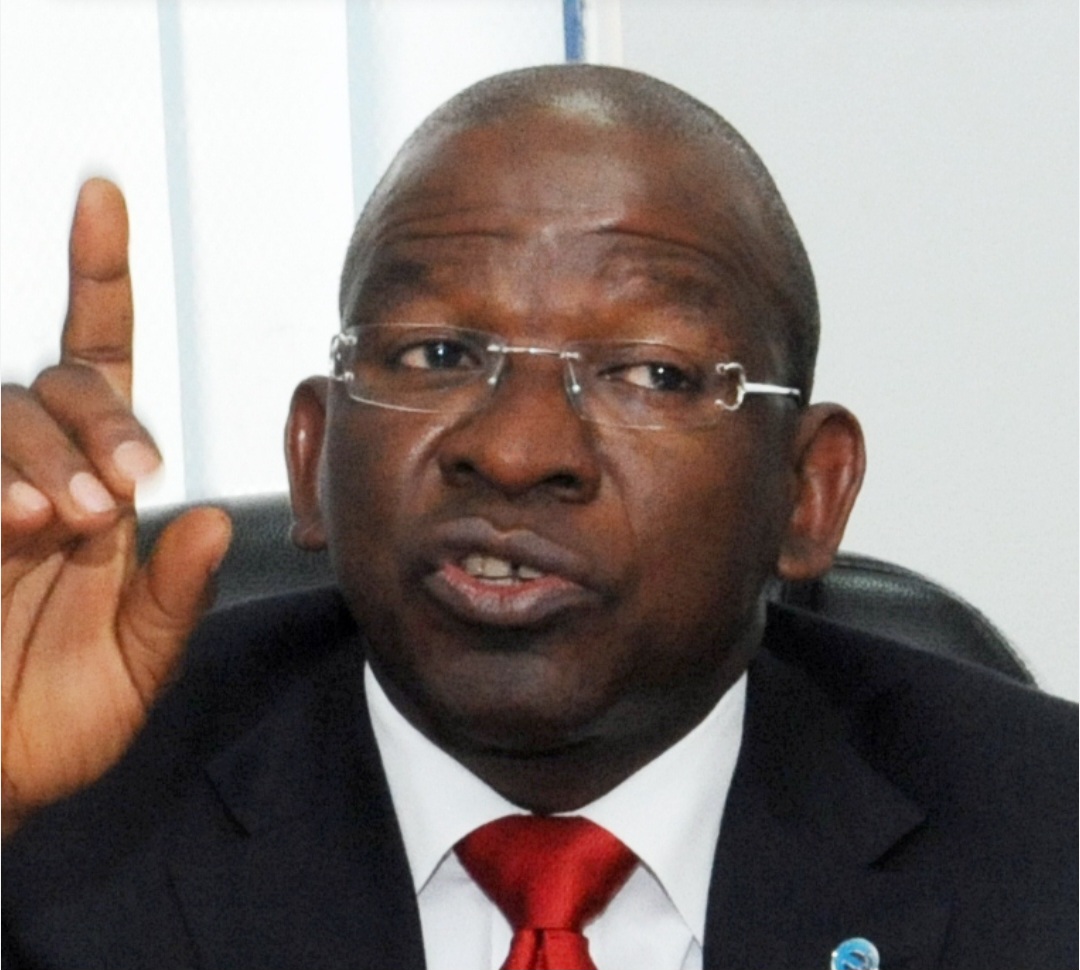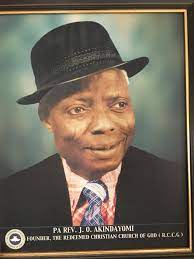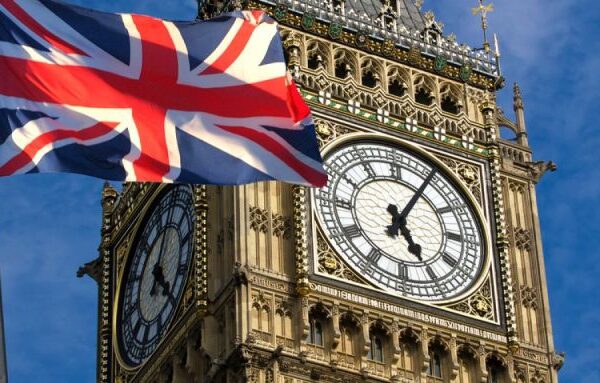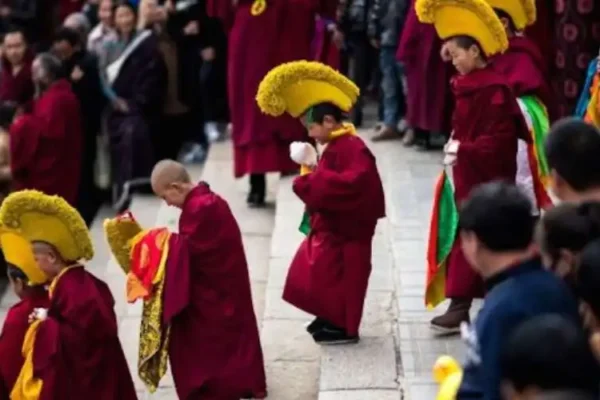
Canada and Australia Join UK in Recognising Palestinian Statehood
Coordinated move comes ahead of the UN General Assembly, as global support for a two-state solution gains momentum. By Kamal Yalwa | Published September 21, 2025 Canada and Australia have officially recognised the State of Palestine, joining the United Kingdom in a coordinated diplomatic move aimed at reviving efforts toward a two-state solution in the Middle East. The announcement comes just days ahead of the United Nations General Assembly in New York, as international pressure mounts over Israel’s ongoing war in Gaza and continued settlement expansion in the occupied West Bank. In a formal statement, Canadian Prime Minister Mark Carney declared Canada’s recognition of Palestinian statehood, stating: “Canada recognises the State of Palestine and offers our partnership in building the promise of a peaceful future for both the State of Palestine and the State of Israel.” Carney also condemned the Israeli government’s ongoing actions, accusing it of working “methodically to prevent the prospect of a Palestinian state from ever being established.” He clarified that this recognition supports peaceful coexistence and strengthens moderate voices within the Palestinian Authority, not extremist factions: “This in no way legitimises terrorism, nor is it any reward for it. Recognising Palestine empowers those seeking peace and the end of Hamas.” Carney also revealed that the Palestinian Authority had made direct commitments to Canada, including pledges to reform its governance, hold democratic elections next year—excluding Hamas—and begin demilitarisation efforts. Australia Echoes Canada’s Move Shortly after Canada’s announcement, Australian Prime Minister Anthony Albanese also confirmed his country’s formal recognition of Palestine. In a joint statement with Foreign Minister Penny Wong, Albanese said the decision was made in coordination with Canada and the UK. The statement called for an immediate ceasefire in Gaza and the release of hostages, while stressing that Hamas “must have no role in Palestine’s future.” UK Adds Diplomatic Weight UK Prime Minister Keir Starmer, who had already signalled support for Palestinian statehood earlier this year, formally confirmed Britain’s recognition following the announcements from Ottawa and Canberra. “This move revives hope for peace for both Palestinians and Israelis, and reaffirms our commitment to a two-state solution,” Starmer said. Growing Global Shift The coordinated move from Canada, Australia, and the UK—three longstanding allies of Israel—marks a significant shift in the international approach to the Israeli-Palestinian conflict. The recognition follows months of escalating violence in Gaza, where over 65,200 Palestinians have been killed according to local health authorities. Israel has faced increasing international isolation, with mounting criticism from both governments and civil society groups. At a protest in Toronto on September 20, thousands marched against Prime Minister Carney’s domestic policies and in support of Palestinian rights, reflecting the growing public pressure shaping foreign policy in Western democracies. Meanwhile, Israel and the United States have warned that recognising Palestinian statehood amid ongoing conflict “rewards terrorism,” arguing it legitimises Hamas. Israeli opposition leader Benny Gantz criticised the announcements, claiming they embolden Hamas and undermine hostage negotiations: “If you truly want peace in the Middle East, Western leaders must focus on applying pressure on Hamas—not legitimising them through premature recognition,” Gantz posted on social media. Recognition Gains but UN Status Still Stalled So far, 147 of 193 UN member states have recognised the State of Palestine. However, this symbolic recognition does not translate into full UN membership, which requires approval from the Security Council—a move currently blocked by the United States’ veto power. Still, momentum is building. France and several other nations are expected to follow suit during the UN General Assembly. Some Western countries have also begun imposing sanctions on Israel or threatening diplomatic boycotts. Notably, nations like Spain, Ireland, and the Netherlands have pledged to withdraw from the Eurovision Song Contest if Israel participates next year. Even Israeli Prime Minister Benjamin Netanyahu recently acknowledged the shifting global stance, admitting that Israel is experiencing a form of international isolation and will need to adapt its economy accordingly.








